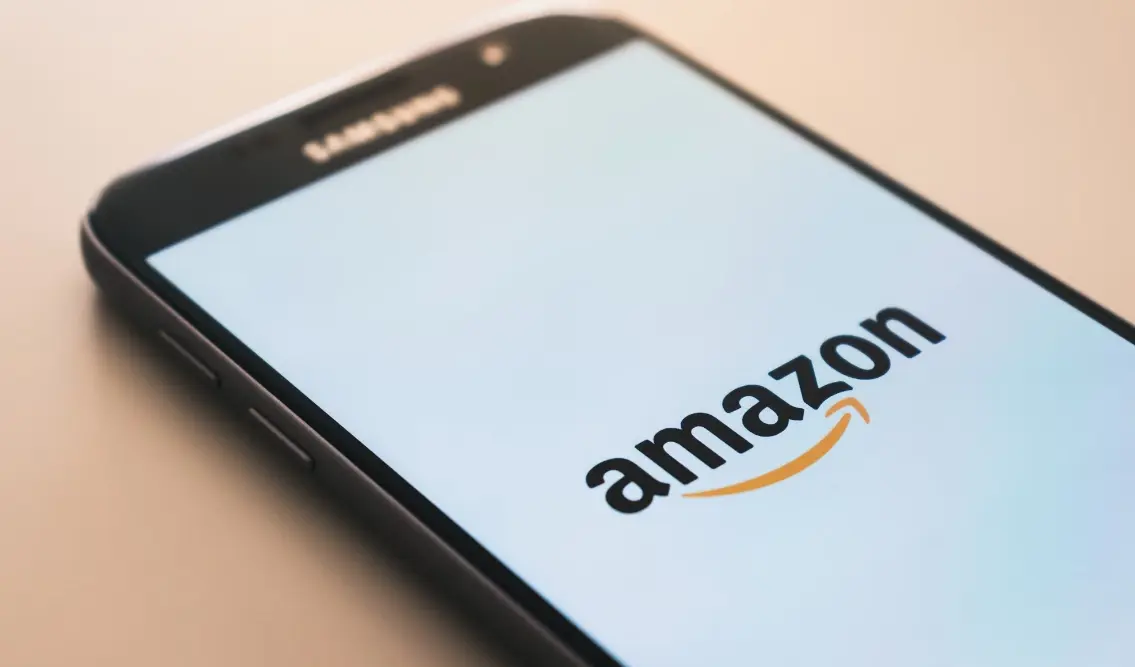
U.S. CE Certification EMC LVD Testing Laboratory
Products exported from the U.S. to the European Union require CE certification, which involves relevant emc testing services. If your product from the U.S. needs to be exported to the EU, please contact JJR Laboratory. We can assist you with testing and help save up to 30% on certification fees.

What is the CE Mark?
The CE mark is a safety certification symbol regarded as a passport for manufacturers to enter the European market. CE certification is a mandatory requirement within the EU, and its scope is extensive. Whether the product is produced within the EU or outside the EU, it must bear the CE mark to indicate compliance with the essential requirements of EU directives/regULations, allowing the product to circulate freely within the EU market.
Which Countries Require CE Certification?
The European EconoMIC Area (EEA) member countries and European Free Trade Association (EFTA) countries generally require CE certification for products, including:
- EU Member States: France, Germany, Italy, Netherlands, Belgium, Luxembourg, Denmark, Ireland, Greece, Portugal, Spain, Austria, Sweden, Finland, Malta, Cyprus, Poland, Hungary, Czech Republic, Slovakia, Slovenia, Estonia, Latvia, Lithuania, Romania, Bulgaria, Croatia.
- EFTA Countries: Iceland, Liechtenstein, Norway, Switzerland. Although these countries are not EU members, they have close economic ties with the EU and typically require products to comply with CE certification standards.
CE certification is mainly intended for the European market, but many countries or regions still consider CE certification as an important marker for the legal entry of products into their markets. Therefore, even if certain countries do not require CE certification, sellers wishing to enter international markets still need to obtain CE certification.
Scope of CE Certification and Common Directives
CE certification applies to the EU member states and the EEA market, covering a wide range of product categories, including electronics, machinery, medical devices, toys, construction materials, and more.
It is important to note that not all products require CE certification. The specific requirements depend on the laws and regulations of the countries where the product is sold. In the European market, CE certification is just one of the necessary conditions for compliance with EU regulations.
Common CE Certification Directives:
- low voltage directive (LVD) 2014/35/EU: Applies to electronic and electrical products with an AC voltage of 50V to 1000V and DC voltage of 75V to 1500V. Example Products: Home appliances, IT products, AV products, poweRED machinery, etc.
- Electromagnetic Compatibility Directive (EMC) 2014/30/EU: Applies to electronic and electrical products with circuit boards that can cause electromagnetic interference. Example Products: Home appliances, IT products, AV products, 3C digital products, etc.
- Machinery Directive 2006/42/EC: Applies to mechanical products with power systems. Powered machinery also needs to comply with CE-lvd certification. Example Products: Packaging machinery, injection molding machinery, woodworking machinery, construction machinery, etc.
- Radio Equipment and Telecommunications Terminal Equipment Directive (CE-RED) 2014/53/EU: Applies to radio equipment and telecommunications terminal equipment. Example Products: Bluetooth headsets, Bluetooth speakers, routers, etc.
- Restriction of Hazardous Substances (RoHS) 2011/65/EU: Limits hazardous substance content in electronic and electrical devices, targeting substances like lead, cadmium, mercury, hexavalent chromium, PBBs, PBDEs. Example Products: Home appliances, lighting devices, IT and telecom equipment, power tools, hardware components, low-voltage electrical devices, toys, leisure and sports equipment.
Technical Documentation Required for CE Certification
- Manufacturer's (eu authorized representative's, AR) name and address, product name, model, etc.
- Product user manual.
- Product safety design documentation.
- Product technical specifications (or company standards), technical data.
- Product test reports.
- Product registration certificate within the EU.
- CE Declaration of Conformity (DoC), etc.
CE Mark Labeling Requirements
Manufacturers are required to affix the CE mark on the product or its nameplate in a visible, clear, and indelible manner, based on directive or regulation requirements. If it is not possible to affix the mark directly on the product due to its nature, the CE mark should be applied to the packaging or accompanying documentation. Some directives also require the printing of the Notified Body (NB) number and/or the year of manufacture. Specific labeling requirements can be found in the relevant directive or regulation.
EU customs authorities and national market surveillance authorities often require manufacturers to provide test reports to verify product compliance. For non-compliant products, customs and government authorities have the legal right to seize and recall the product. Before selling products in Europe, sellers must ensure their products are within the scope of CE certification, identify the applicable certification directives, register the authorized representative information, and correctly label the CE mark and authorized representative details to ensure compliance with EU laws and regulations.
Email:hello@jjrlab.com
Write your message here and send it to us
 ASTM F963 Board Games Compliance Testing
ASTM F963 Board Games Compliance Testing
 ASTM F963 Flammability Test
ASTM F963 Flammability Test
 ASTM F963 Teether Compliance Testing
ASTM F963 Teether Compliance Testing
 How to get an ASTM F963 Test Report?
How to get an ASTM F963 Test Report?
 ASTM F963-16 Fidget Spinner Compliance Testing
ASTM F963-16 Fidget Spinner Compliance Testing
 Is the Label Conform to ASTM F963 Mandatory?
Is the Label Conform to ASTM F963 Mandatory?
 How to Get ASTM F963 Certification
How to Get ASTM F963 Certification
 What Are CPSIA ASTM F963-11 Compliance Standards?
What Are CPSIA ASTM F963-11 Compliance Standards?
Leave us a message
24-hour online customer service at any time to respond, so that you worry!




